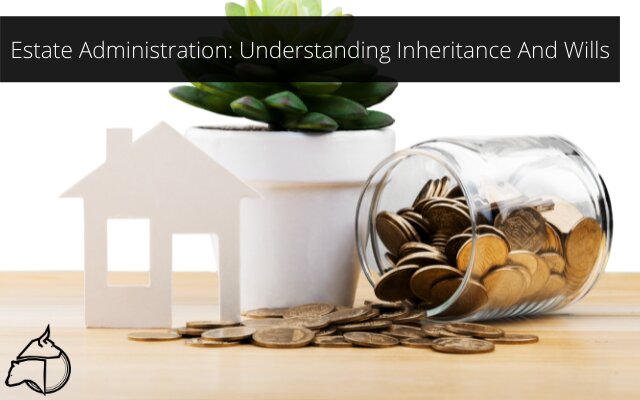TRUSTS: EFFECTIVE ESTATE PLANNING & TAX-SAVING MECHANISMS
In order to effectively organise your financial security and legacy, you need to start by establishing your estate planning questions. These questions often touch on the complex topic of tax and trusts. To bring these concepts together takes a certain skill and expert understanding. This is where estate planning professionals are crucial.
We’ve put together a guide of some of the fundamentals when it comes to the relationship between trusts, estate planning, and tax considerations. Keep reading to find out if trusts are the right vehicle for you and your family.
WHAT ARE TRUSTS?

A trust can be defined as a tripartite legal relationship that exists between a founder, a beneficiary, and a trustee.
The trust is created by the founder, who places his or her assets in the trust, and then administrative control is given to the trustee. This is often done for the benefit of the beneficiary.
Trusts can provide advantages in several areas, such as:
- Estate planning and management
- Asset protection and preservation
- Maximisation of tax-saving
- Flexibility and confidentiality
Trusts can also operate independently or form part of a broader financial strategy. They are often used as an instrument to allow for the preservation and transfer of assets between generations. They can also be used as a means to manage and protect your assets, after or during your lifetime.
WHAT ARE THE TYPES, USES, & BENEFITS OF TRUSTS?

In South Africa, there are many different types of trusts available. For our purposes, we will be discussing living (inter vivos) trusts and testamentary trusts. Each type has specific uses and benefits.
A living trust, or family trust:
- Is established by the founder, or family, during their lifetime
- Becomes effective at the time of its registration
- Carries with it the benefit of enabling the wealth-building of its beneficiaries during the lifetime of the founder
- May be used as a means to protect assets
A testamentary trust:
- Is created by the terms stipulated within the will of its founder
- Only comes into effect after the death of its founder
- Offers the benefit of protecting both minors and vulnerable family members
- It does not safeguard assets during the founder’s lifetime
There are several questions you can ask yourself to assist you with choosing a trust type.
Do you want peace of mind about the management of your children’s inheritance, and what may be left behind when you are gone?
Or, do you want to protect your current assets and build a lasting stream of growth for your family?
Contact us so we can help you find the right trust for you and your family.
TRUSTS FOR ESTATE PLANNING

Setting up a trust, as opposed to a will, is an effective estate planning measure. It can result in faster transfer processes, lower administrative costs, and tax reliefs.
Because the growth of the trust does not directly form part of the estate, and instead belongs to the trust itself, the trust is afforded protection against estate duties (unlike with a will). This will also effectively protect the assets from creditors in the event that your estate goes insolvent.
In addition, it can also be used as a means to specify the type of wealth accumulation that you envisioned for your family assets.
For example, instead of providing a lump sum of capital, or splitting up the funds amongst the beneficiaries, the fund can remain unified, continue to grow, and subsequently be used as a source of consistent income.
ENDOWMENTS AS A TAX SOLUTION

Trusts are not without their drawbacks though. Two of the major pitfalls in establishing a trust in South Africa include:
- Heavy tax burdens on income that is kept at the trust-level (between 36-45%)
- The inability of the trust, as an entity, to directly invest off-shore
However, there are effective tax-saving mechanisms that can exist within a trust to counter these disadvantages.
For example: if a trust were to invest in an endowment fund, it would reduce its income tax to a flat rate of 30% and their capital gains tax (CGT) to as low as 12%.
An endowment fund also allows for the creation of offshore investment opportunities. This can not only diversify your investment portfolio, but also act as an effective tax-saving mechanism.
IS A TRUST THE RIGHT MOVE FOR YOU?
There are conditions under which it would be beneficial to set up a trust:
- If your assets exceed 3.5m
- When you have minor children or vulnerable family members
- If you want to retain your family’s wealth well into the future
Before you make your decision, it is vital to know that the creation and management of a trust comes with more administrative requirements than that of a standard investment account.
It is a good idea to make yourself aware of these processes and costs before you make your decision. If your top priority is to save on taxes, then a tax-free investment might be a better option for you.
Start planning your future, today. Contact us on the details below.
+27 11 839 2302
info@maysure.za.com






